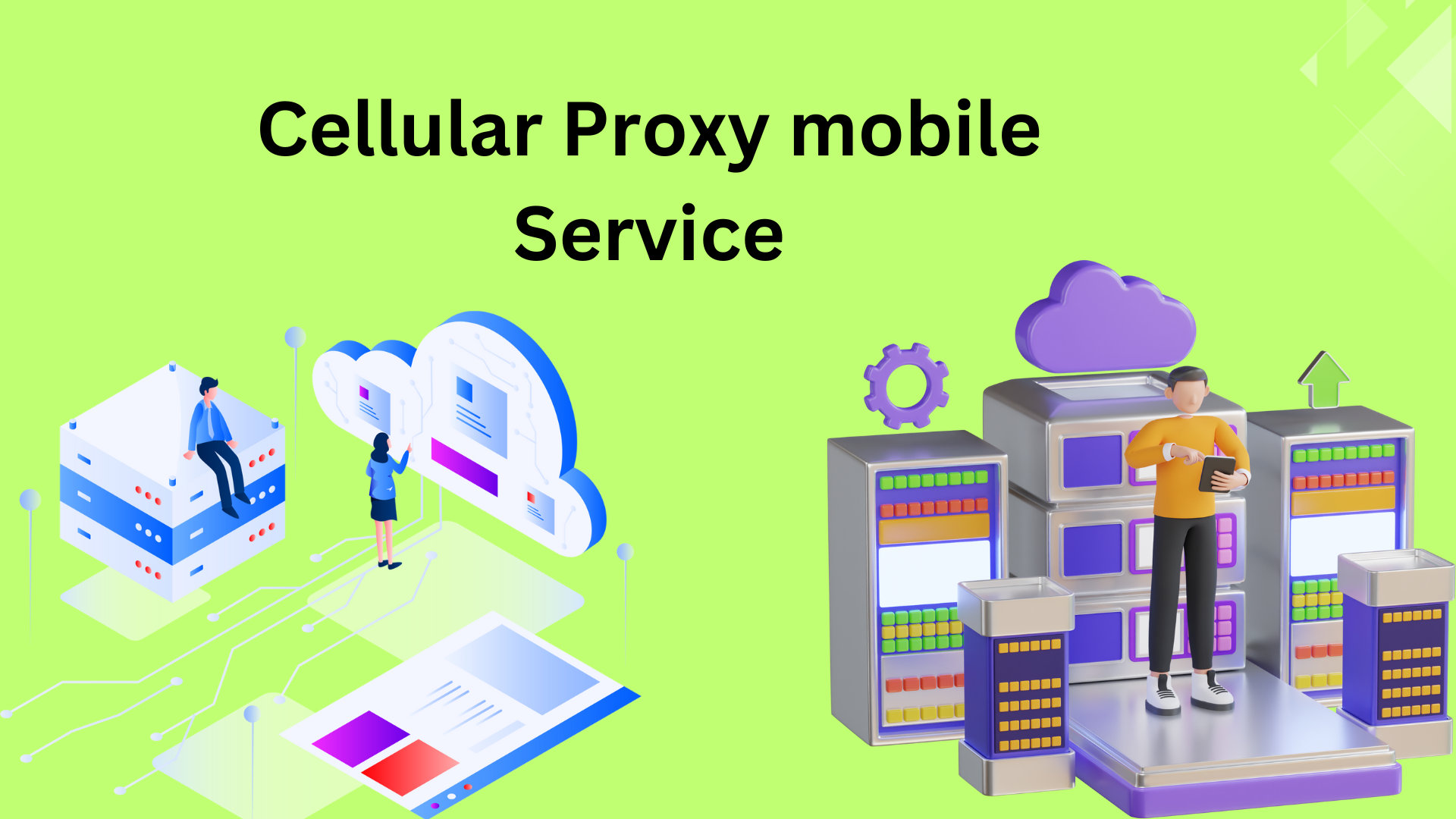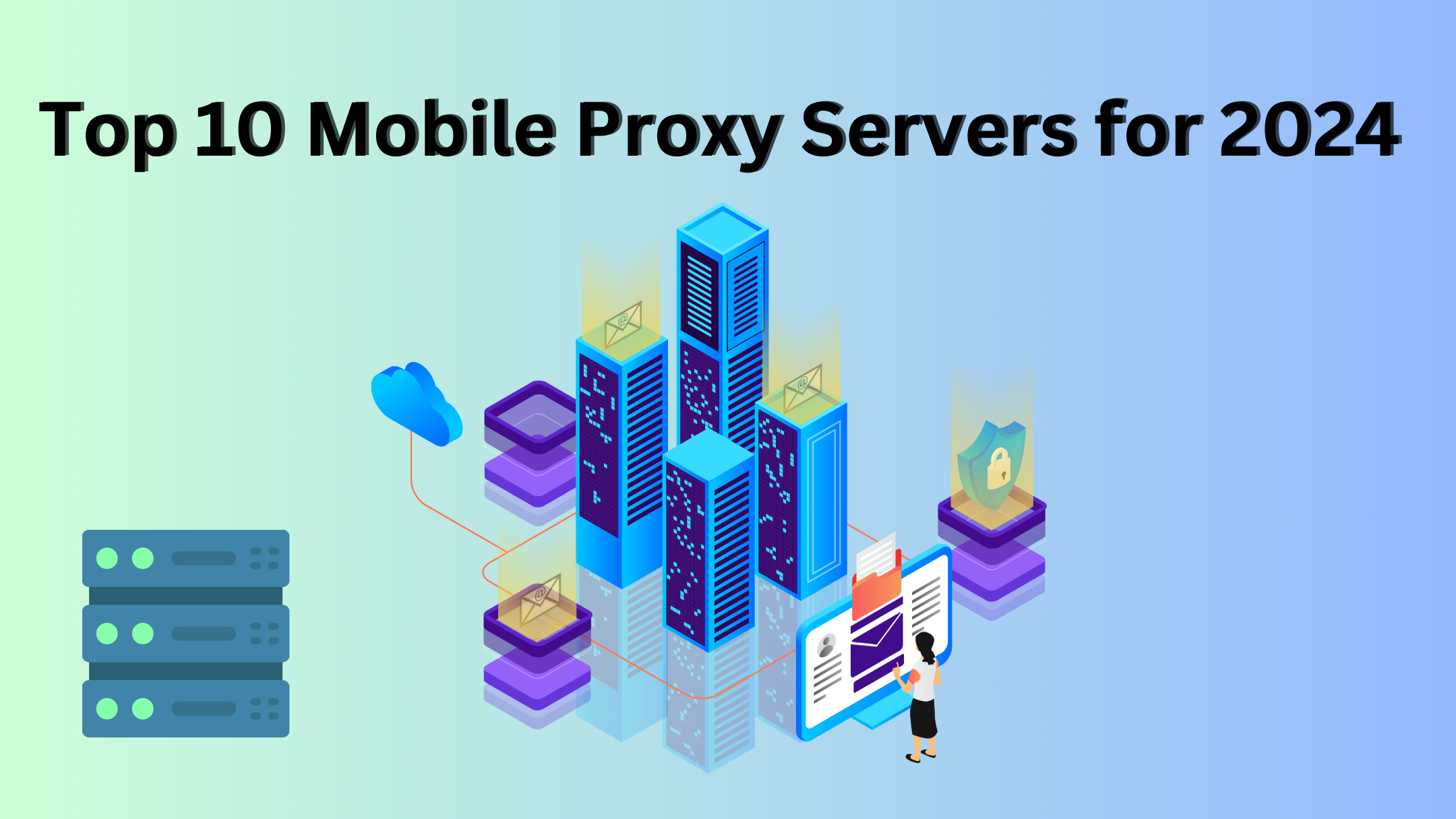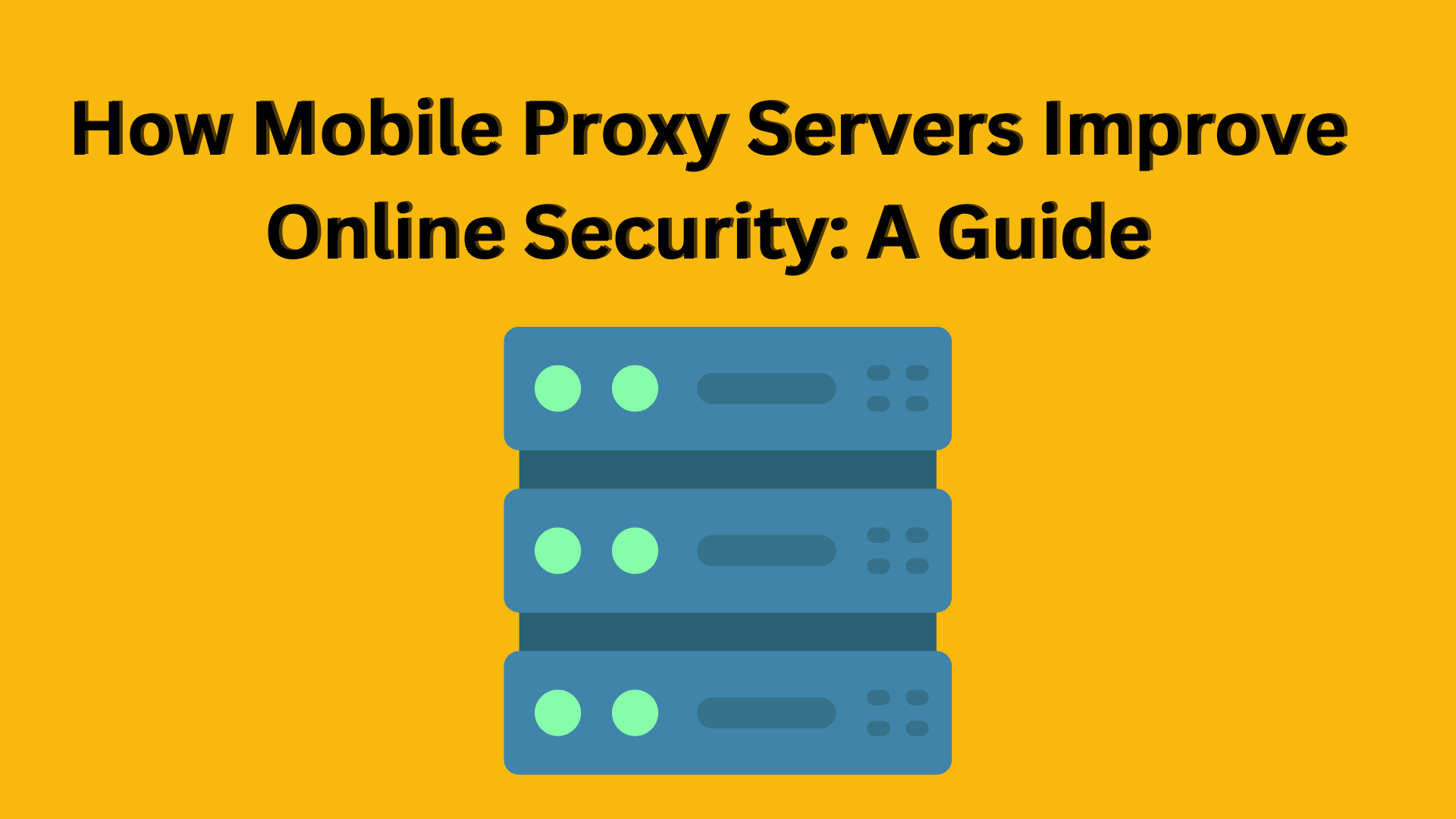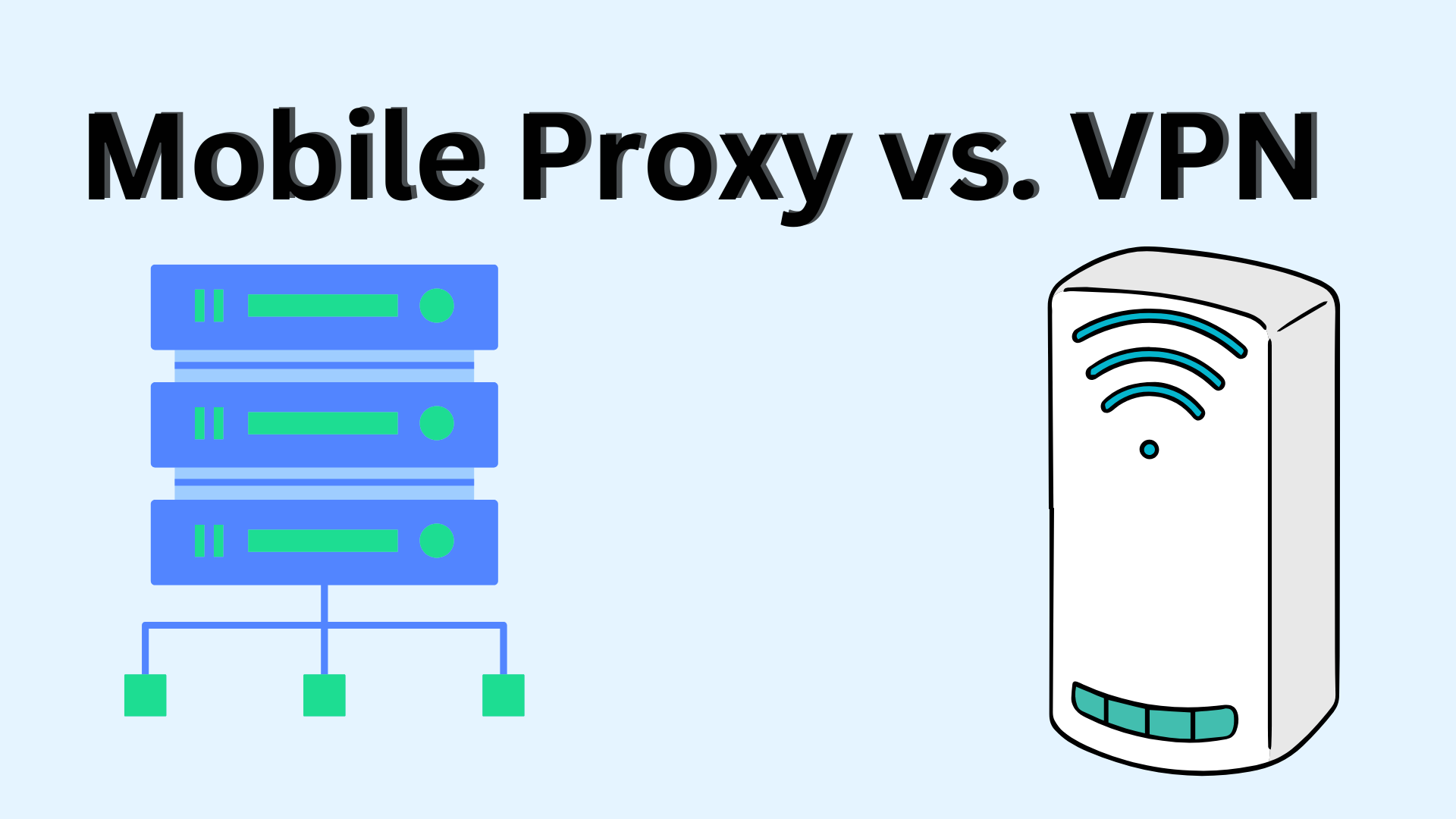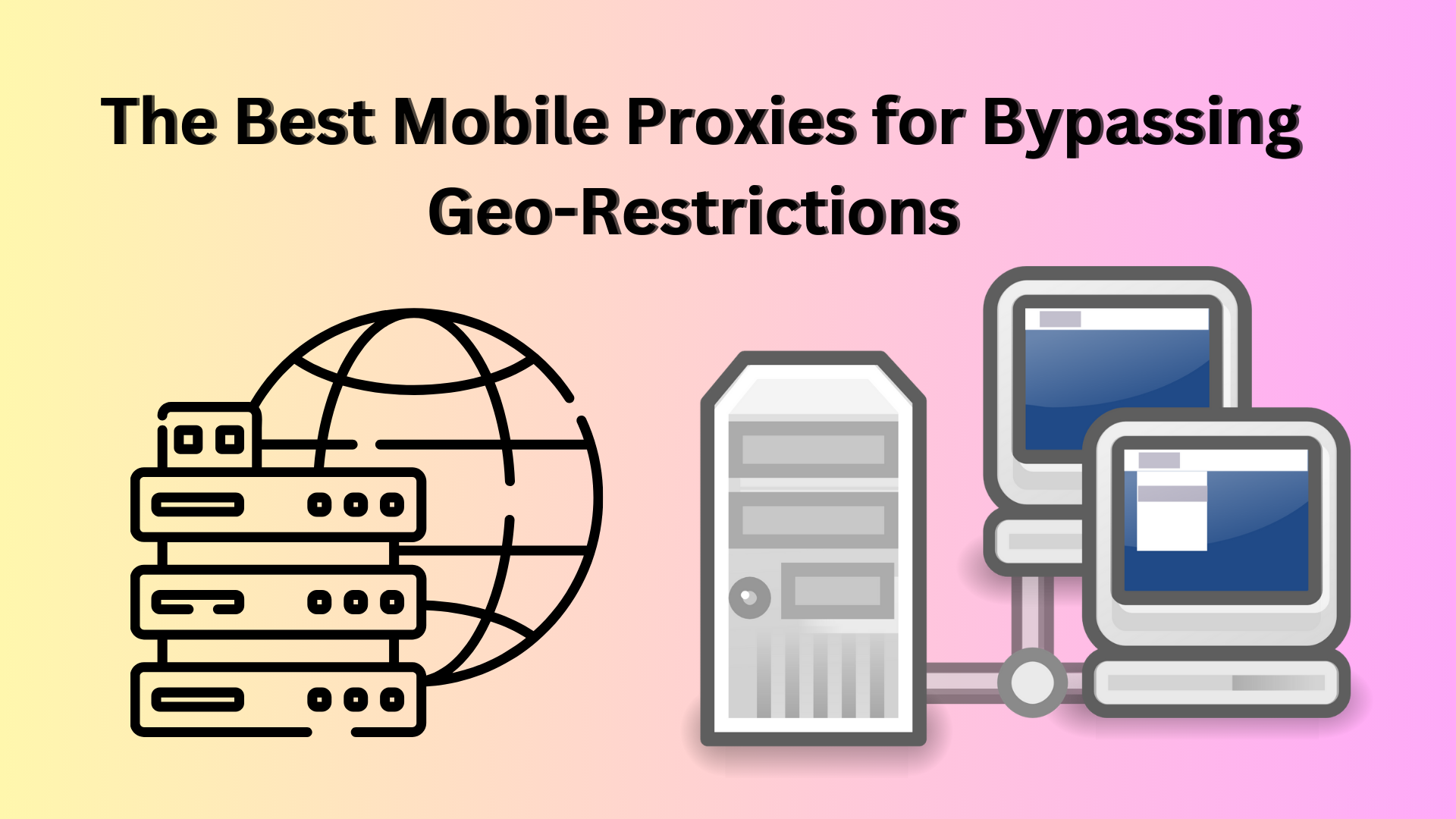Introduction to Cellular Proxy Services
In an era where privacy and unrestricted access to content are crucial, cellular proxy services have gained popularity. These proxies offer an efficient way to maintain anonymity while accessing the internet through mobile networks. Whether you’re involved in digital marketing, social media management, or simply looking for more secure browsing, cellular proxy services have something to offer. In this article, we’ll explore what cellular proxies are, how they work, and their various use cases.
What Is a Proxy Service?
A proxy service acts as an intermediary between your device and the websites you visit. When you use a proxy, your requests are routed through a different server, hiding your real IP address. This provides privacy, security, and access to content that may be otherwise restricted.
Defining Cellular Proxy Services
A cellular proxy mobilhttp://proxy-rating.sitee service is a specific type of proxy that routes your internet traffic through a mobile network. Instead of using traditional data center proxies, these services utilize IP addresses from mobile devices connected to 3G, 4G, and 5G networks. As a result, you appear as a mobile user, which makes your browsing more authentic and harder to detect by websites.
How Cellular Proxy Services Work
Assigning Mobile IPs
Cellular proxies assign you a mobile IP address that is linked to a real device connected to a cellular network. This makes it difficult for websites to distinguish between regular mobile traffic and proxy traffic.
Using 3G, 4G, and 5G Networks
Cellular proxies operate through mobile networks, including 3G, 4G, and the latest 5G technology. This ensures that your traffic is routed through high-speed, mobile networks, making it suitable for applications that require fast and reliable connections.
Advantages of Using Cellular Proxy Services
Better Anonymity
Since cellular proxies use IPs from actual mobile devices, your browsing activity is more anonymous and difficult to track. This is particularly beneficial when you need to perform tasks like web scraping or managing multiple accounts on social media.
Geo-Unblocking Capabilities
Cellular proxies allow you to access geo-restricted content by making it appear as though you are in a different country. Whether it’s streaming services, localized content, or region-specific ads, a cellular proxy can give you the access you need.
Seamless Mobile Access
Many websites treat mobile traffic differently than desktop traffic. Cellular proxies give you seamless access to mobile-only websites and services that might block traditional proxies.
Different Types of Cellular Proxy Services
Dedicated Cellular Proxies
Dedicated cellular proxies provide you with exclusive access to a mobile IP. This means you don’t have to share the IP with other users, ensuring better performance and less chance of getting blocked.
Shared Cellular Proxies
Shared proxies are used by multiple users at the same time. While they are more cost-effective, they might carry higher risks of being flagged or blocked by websites, especially if many users are active simultaneously.
Use Cases for Cellular Proxy Services
Digital Marketing and Ad Verification
For marketers, cellular proxies are invaluable for verifying ads in different regions. They can ensure that their ads display correctly across various mobile devices and networks.
Social Media Automation
Managing multiple social media accounts from a single IP can lead to bans or restrictions. Cellular proxies allow social media managers to automate their tasks safely by using multiple mobile IPs.
Competitive Intelligence and Web Scraping
Businesses often use cellular proxies to gather data on competitors without revealing their own identity. Web scraping with cellular proxies is also more effective since mobile IPs are less likely to be blocked by websites with strict anti-bot measures.
Cellular Proxy Services vs. Traditional Proxy Services
Key Differences
The primary difference between cellular and traditional proxies lies in their IP sources. While traditional proxies use data centers, cellular proxies use mobile networks, making them harder to detect. Cellular proxies offer better anonymity and access to mobile-only content, but they can be more expensive.
Choosing Between the Two
If you require high anonymity and access to mobile-restricted content, cellular proxies are the way to go. However, if you are working on tasks that don’t require mobile IPs, a traditional proxy may suffice and be more cost-effective.
How to Choose the Right Cellular Proxy Provider
Factors to Consider
When selecting a cellular proxy provider, look for:
- IP rotation options
- A large pool of IP addresses
- Fast and reliable customer support
- Good reviews from other users
- Locations that fit your needs (e.g., specific countries)
Trusted Providers in the Market
Some of the most reliable cellular proxy providers include ProxyGuys, Soax, and Oxylabs. These providers offer diverse IP pools and reliable performance across multiple locations.
How to Set Up a Cellular Proxy
Step-by-Step Guide
- Sign up with a reputable cellular proxy provider.
- Choose the plan and location that best fits your needs.
- Configure your browser or software to use the proxy.
- Test the connection to ensure it’s routing through the mobile network.
Tools Required
To set up a cellular proxy, you may need a proxy management tool like FoxyProxy or a VPN client that supports proxy configurations.
The Legal and Ethical Side of Cellular Proxies
Privacy Considerations
While cellular proxies offer a higher level of anonymity, it’s crucial to choose a provider with transparent privacy policies. Avoid providers that log your activity, as this can compromise your privacy.
Ethical Use Cases
Using cellular proxies responsibly is important. Avoid engaging in activities that violate website terms of service, such as aggressive web scraping or fraud. Always consider the ethical implications of your actions online.
The Future of Cellular Proxy Services
Trends and Growth Areas
As mobile technology continues to advance, cellular proxy services are expected to grow. The rollout of 5G technology will likely enhance the speed and performance of these proxies, making them even more attractive for users who need fast, reliable connections.
Innovations in Cellular Proxy Technology
Future innovations may include better IP rotation mechanisms, enhanced automation for managing multiple proxies, and stronger anti-detection features to further improve the security and performance of cellular proxies.
Conclusion
Cellular proxy services provide a robust solution for users seeking anonymity, access to geo-restricted content, and seamless mobile browsing. Whether you’re managing social media accounts, scraping data, or verifying ads, cellular proxies offer a level of privacy and performance that traditional proxies can’t match. However, it’s essential to choose a reliable provider and use these services responsibly to avoid potential legal and ethical issues.
FAQs
What is the difference between a cellular proxy and a VPN?
A cellular proxy routes your traffic through a mobile network and gives you a mobile IP, while a VPN encrypts your entire connection and routes it through a server. Both offer privacy, but proxies are more suited for specific tasks like scraping or accessing mobile content.
Are cellular proxies safe to use?
Yes, cellular proxies are generally safe as long as you choose a trusted provider with a strong privacy policy.
Can I get blocked using a cellular proxy?
While cellular proxies are harder to detect than traditional proxies, it’s still possible to get blocked, especially if you’re performing activities that trigger anti-proxy mechanisms. Choosing a reputable provider and rotating IPs frequently can reduce this risk.
Do cellular proxies work for social media platforms?
Yes, cellular proxies are ideal for managing multiple social media accounts as they allow you to use different IPs for each account, reducing the risk of bans.
What is the cost of using a cellular proxy service?
Costs vary depending on the provider and the type of proxy (dedicated or shared). Dedicated proxies tend to be more expensive but offer better performance and reliability. Prices typically range from $30 to $200 per month.

